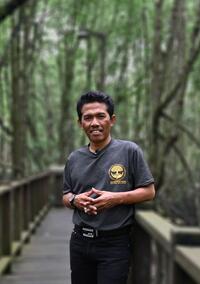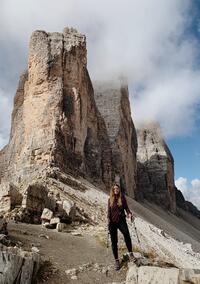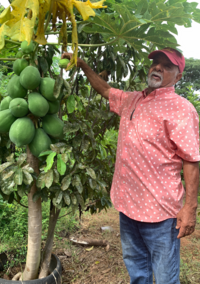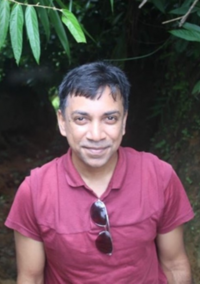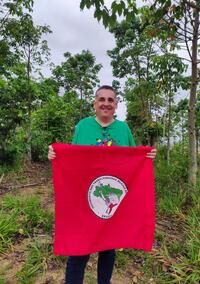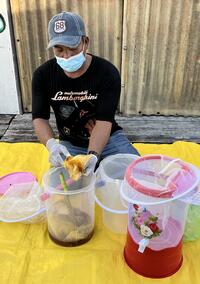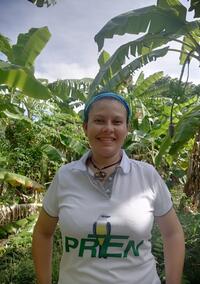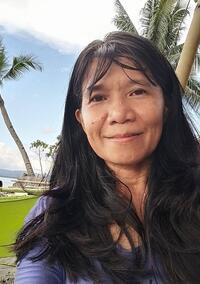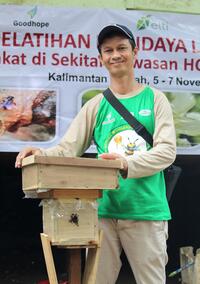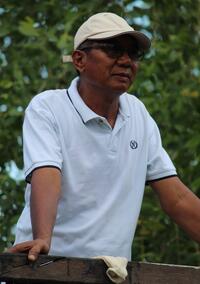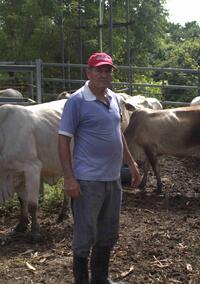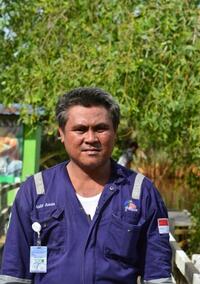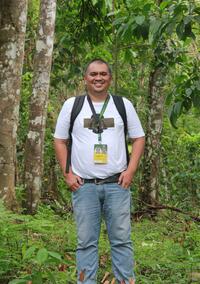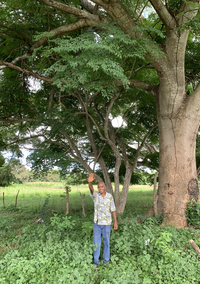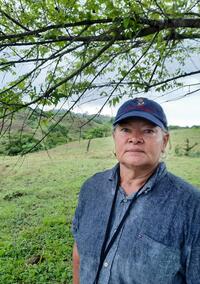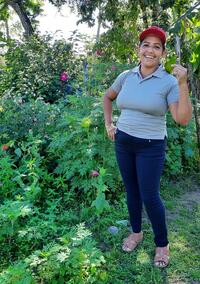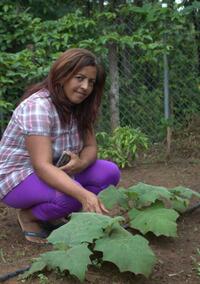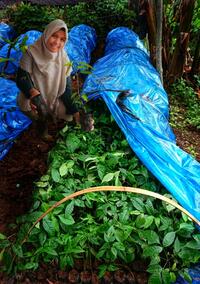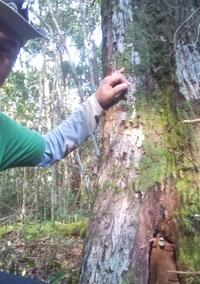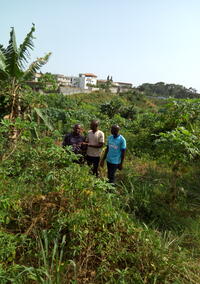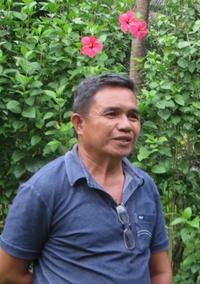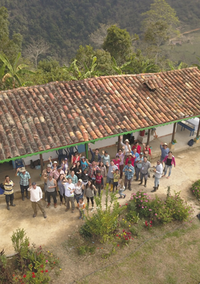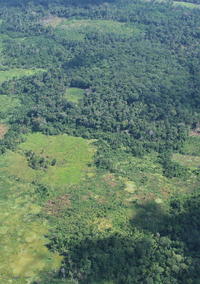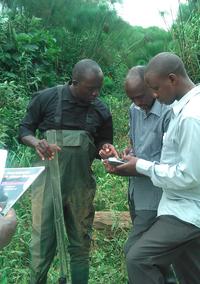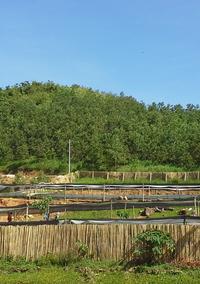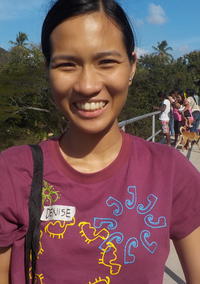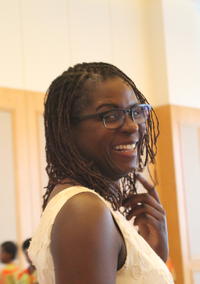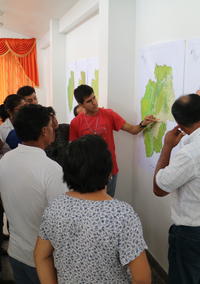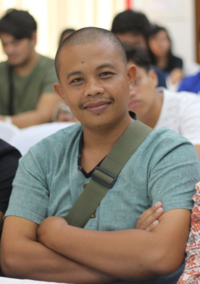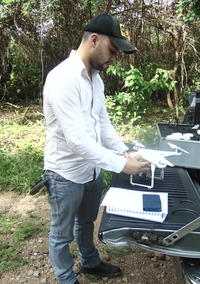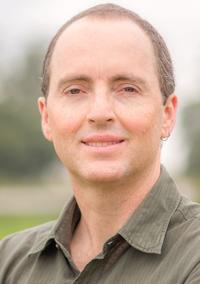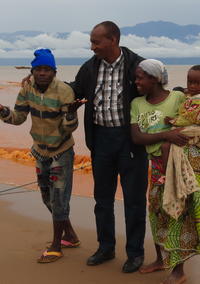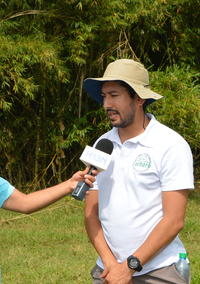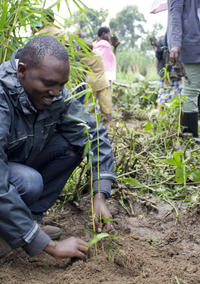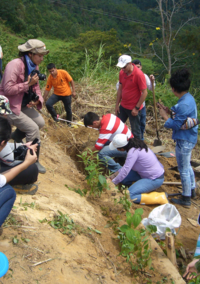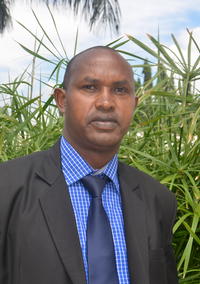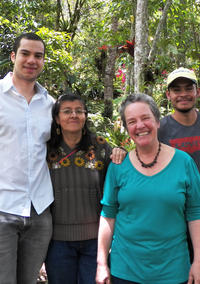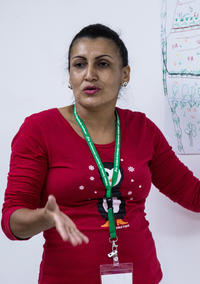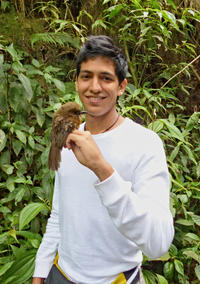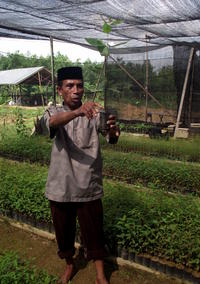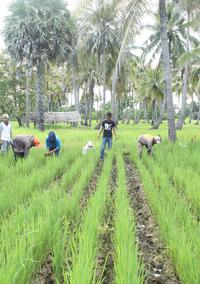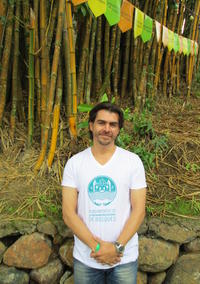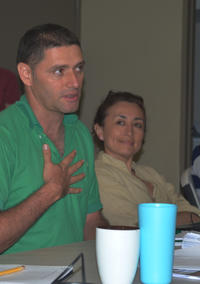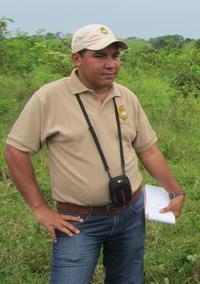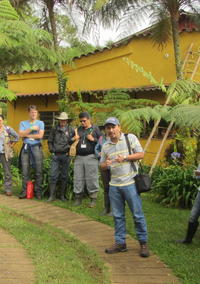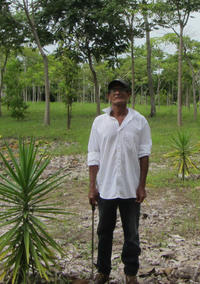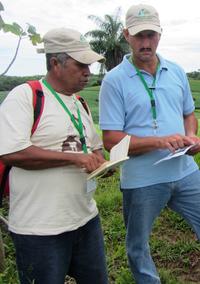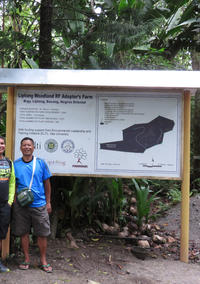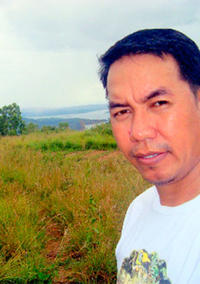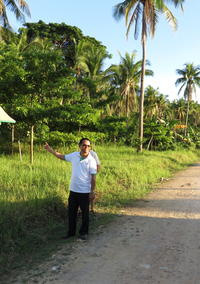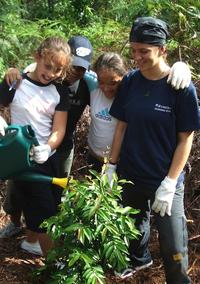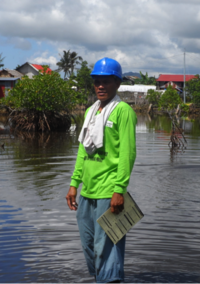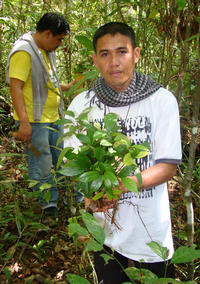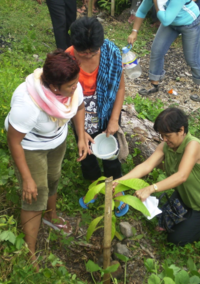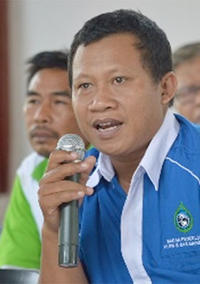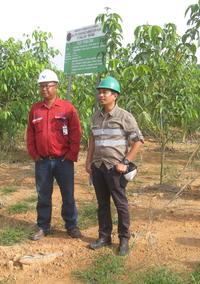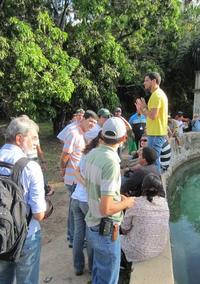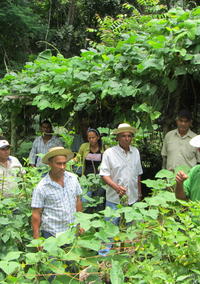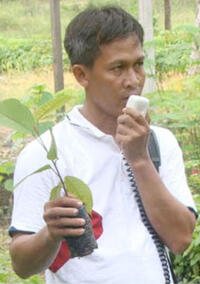You are here
Farmers in Northern Uganda Sow Seeds for Future Resilience
In order to address this concern, Moses Egaru, a Program Officer for Water and Biodiversity at IUCN in northern Uganda, is coordinating a drought resilience program that takes a community-led approach.
“My major challenge was linking our efforts in the water and biodiversity program to the communities’ traditional activities and economic needs,” says Moses.
He took the online course Forest Landscape Restoration in the Tropics to expand his knowledge and capacity. Moses’s expanded knowledge and increased confidence have begun to show promising results.
“For the people of northern Uganda to adopt any restoration effort at scale, I knew it would have to be low cost,” he says. “So I’ve coordinated trainings on farmer-managed natural regeneration (FMNR) for three districts: Lira, Otuke and Alebtong.”
The online course helped me to understand the components of FLR, and how to connect actions at the grassroots level to the subnational and national levels in order to influence policy.
Moses Egaru
FMNR doesn’t require capital investments to implement, and helps communities to select tree species with high environmental, cultural and socio-economic benefits.
As of February 2017, 150 farmers have participated in the trainings. Each participant has committed one acre of farmland to practice and demonstrate the techniques he or she learns, and to pass on the training and challenge to 10 neighboring farmers.
“I am proud of what we’ve done, and also of what the communities have achieved,” Moses shares.
Communities in the region have begun to see some of the benefits of restoring degraded landscapes: streams that were seasonal now flow year-round, the protected wetlands give better quality water in larger quantities and some fishing is even possible.
On a larger scale, Moses has set strategic goals: “We have plenty of potential partners for restoration efforts, but we need a more coordinated approach for Uganda to meet its Bonn Challenge target to restore 2.5 million hectares of degraded and deforested landscapes by 2020. That’s why I’m facilitating the development of landscape-level platforms where all stakeholders, led by government, can plan, share lessons and engage on FLR.”
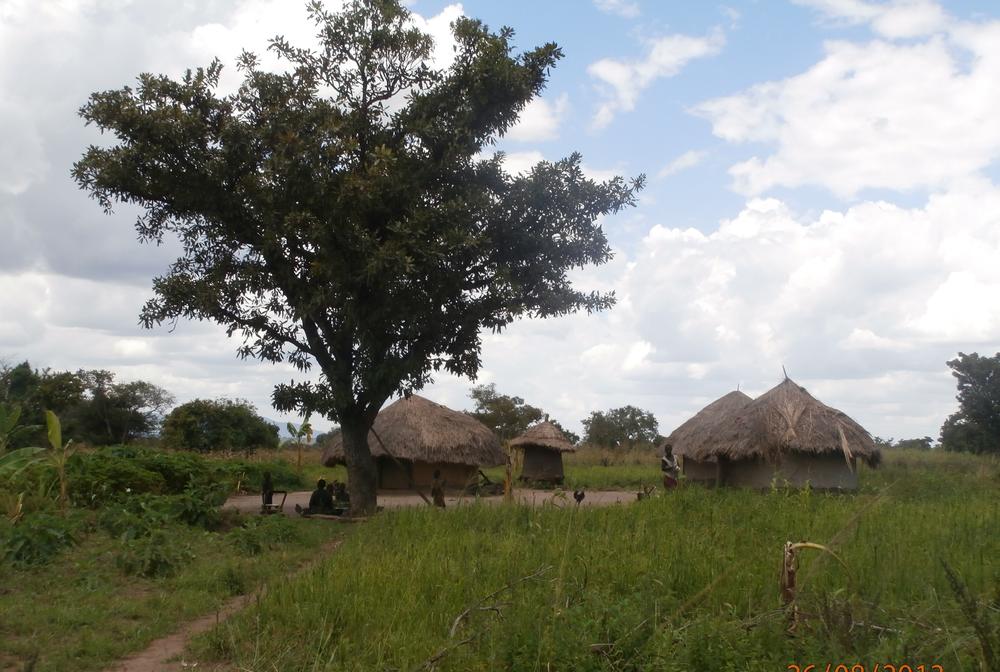
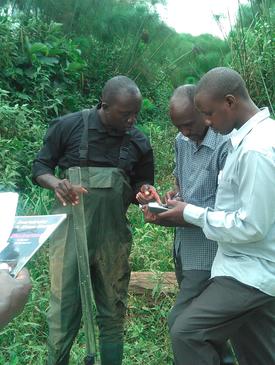
Acknowledgements
Moses would like to thank the local governments of the Lira, Otuke and Alebtong districts and World Vision for their help in facilitating the farmer-managed natural regeneration trainings.







